arctic science News Archive
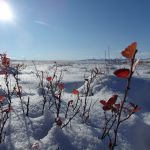
Clayton H. Riddell Faculty of Environment, Earth, and Resources
Declining Arctic sea ice drives divergent arctic shrub growth
December 15, 2020 —
Arctic sea ice has been in steep decline over the last two decades. Meanwhile, tundra shrub abundance has been increasing in many regions of the Arctic.
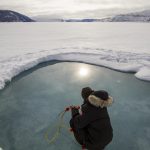
Clayton H. Riddell Faculty of Environment, Earth, and Resources
Synthesis study demonstrates phytoplankton can bloom below Arctic sea ice
November 19, 2020 —
Until roughly a decade ago, most scientists assumed that phytoplankton remained in a sort of stasis throughout the winter and spring until sea ice break-up. Now there is a growing body of evidence that suggests under-ice blooms (UIBs) of phytoplankton can occur in low-light environments below sea ice.
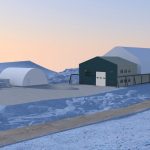
Wpg Free Press: UM researchers racing to protect Arctic from an inevitable oil spill
November 2, 2020 —
With the possibility of an ice-free summer in the Arctic in the near future, understanding how oil behaves in an Arctic ecosystem is critical

Clayton H. Riddell Faculty of Environment, Earth, and Resources
Meet Alex Crawford, Research Associate at the Centre for Earth Observation Science
October 23, 2020 —
Dr. Crawford studies how the complex interactions of various components of the Arctic climate system are changing in response to continued warming.
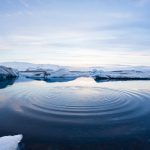
Faculty of Science
Arctic Research Foundation partners with UM and RRC to revolutionize public access to big Arctic data
October 5, 2020 —
A new partnership between the University of Manitoba (UM), Red River College (RRC), and the Arctic Research Foundation (ARF) is setting out to unlock the big data secrets previously hidden in Canada’s Arctic.
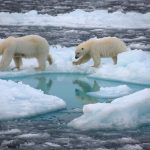
Clayton H. Riddell Faculty of Environment, Earth, and Resources
North pole soon to be ice free in summer
April 22, 2020 —
Using these models, the researchers considered the future evolution of Arctic sea-ice cover in a scenario with high future CO2 emissions and little climate protection. As expected, Arctic sea ice disappeared quickly in summer in these simulations.
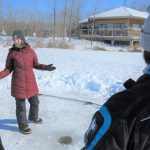
Clayton H. Riddell Faculty of Environment, Earth, and Resources
How video games help teach Arctic climate science
March 12, 2020 —
More than 150 middle-and-high school learners met with climate researchers on March 5 for Arctic Science Day. Students learned how new knowledge is developed from working in harsh Arctic conditions, and how the learning process can be a lot like playing video games.






